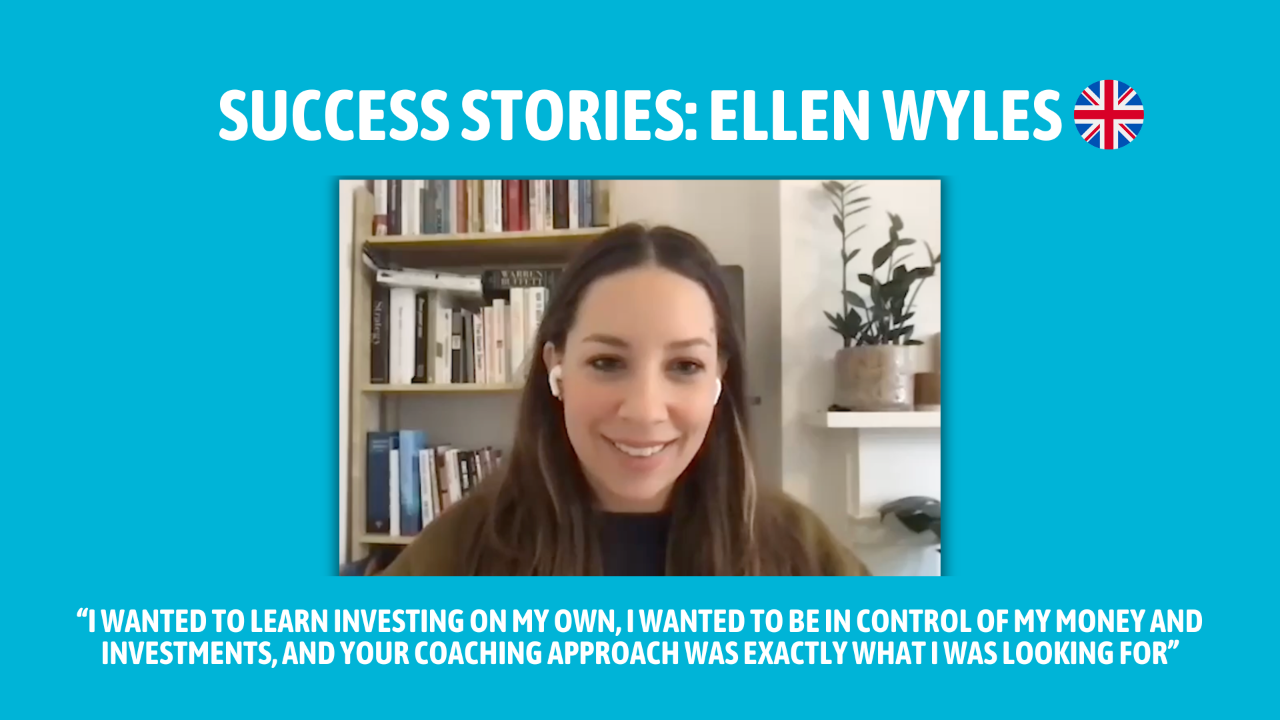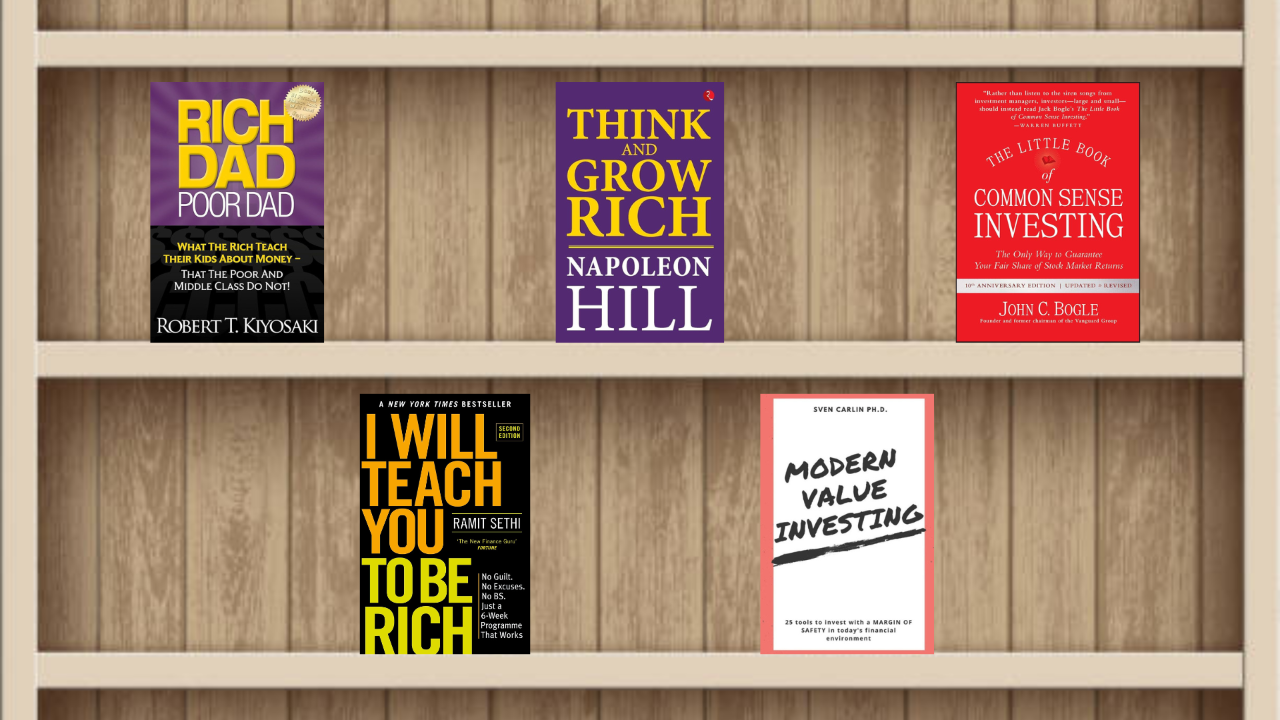
3 Mistakes to avoid in your 401k
Nov 26, 2023Hello Stoic Investors,
Today, we're focusing on a crucial element of many Americans' retirement strategy: the 401(k) plan.
A 401(k) plan is a company-sponsored retirement account that allows you to save and invest a portion of
your paycheck before taxes are taken out. Contributions are made directly from your salary, often through
automatic payroll withholding.
The money you contribute to a traditional 401(k) isn't taxed until you withdraw it, typically after retirement.
This means you can lower your current taxable income and potentially reduce your tax bill each year you
contribute.
However, there's a cap on how much you can contribute to your 401(k) each year. In 2023, the limit is
$22,500, and it's set to increase to $23,000 in 2024. These limits are periodically adjusted to keep up with
inflation.
If the term "401(k)" seems unfamiliar, names like Vanguard, American Funds, and Voya might ring a bell.
These are some of the major providers of 401(k) plans, offering various investment options and services.

3 Common Mistakes You Must Avoid
Your 401(k) is not just a savings account; it's a powerful tool that, when used correctly, can be a main
ingredient of your financial plan. However, many of us inadvertently make mistakes that can dampen its
potential.
Let's break down these common errors and how to avoid them.
Mistake 1: Leaving Your 401k As “Managed Accounts”
401(k) plans can have different fee structures, depending on whether they are managed or self-directed.
These fees can significantly impact your investment growth over time.
Managed 401(k) Plans: These are typically run by financial professionals who select and manage the
investment options on your behalf. While this can be convenient, it often comes with higher management
fees, which can eat into your returns.
Self-Directed 401(k) Plans: In a self-directed plan, you have more control over your investment choices.
This option usually offers a broader range of investment opportunities and typically has lower fees
compared to managed plans. The trade-off is that you need to be more proactive in managing your
investments.
If your employer offers a self-directed 401(k) option, consider switching to it to save on fees.
This requires you to be more hands-on with your investment choices, but the potential savings in fees can
be substantial over the long term.
Mistake 2: Not Maximizing Employer Matching
Employer matching is a key feature of many 401(k) plans, where your employer contributes funds to your
401(k) account, matching a portion of your own contributions. This is essentially free money that can
significantly boost your retirement savings.
For example, if your employer offers a 50% match on the first 6% of your salary that you contribute, and you
earn $50,000 a year, here's how it works: If you contribute 6% of your salary ($3,000), your employer will
add an additional 50% of that amount ($1,500) to your 401(k). This means you're effectively saving $4,500
for retirement while only deducting $3,000 from your salary.
Ensure you contribute at least enough to get the full employer match.
It's an opportunity you don't want to miss, as it's essentially a raise for your future self.
Mistake 3: Inappropriate Investment Choices
Another common mistake is to leave your 401(k) investments in default options, often resulting in a portfolio
that's too conservative. This can lead to lower returns; in fact, the average annual return of a 401(k) is
around 4.9%, which is about half of what the S&P 500 has historically returned. This conservative approach
is often due to default investment choices that prioritize stability over growth.
The solution is to actively manage your 401(k) investments.
Review the available options and choose those that align with your investment goals, risk tolerance, and
time until retirement. Consider diversifying into a mix of stocks and bonds that offer a balance of growth and
security. Regularly review and adjust your investments to ensure they stay aligned with your changing
needs and market conditions.
Remember, your 401(k) is more than just a savings account: it's a crucial part of your overall
financial plan.
The journey to financial freedom isn't just about finding the next big investment strategy: it's also about
optimizing the tools already at your disposal.
So, note down these points and start investing today:
1.Choose a self-directed 401(k) and be aware of the fees you're paying.
2.Contribute enough to get your employer's full match – it's an easy win for your retirement savings.
3.Align your 401(k) investments with your age, goals, and risk tolerance for optimal growth.





